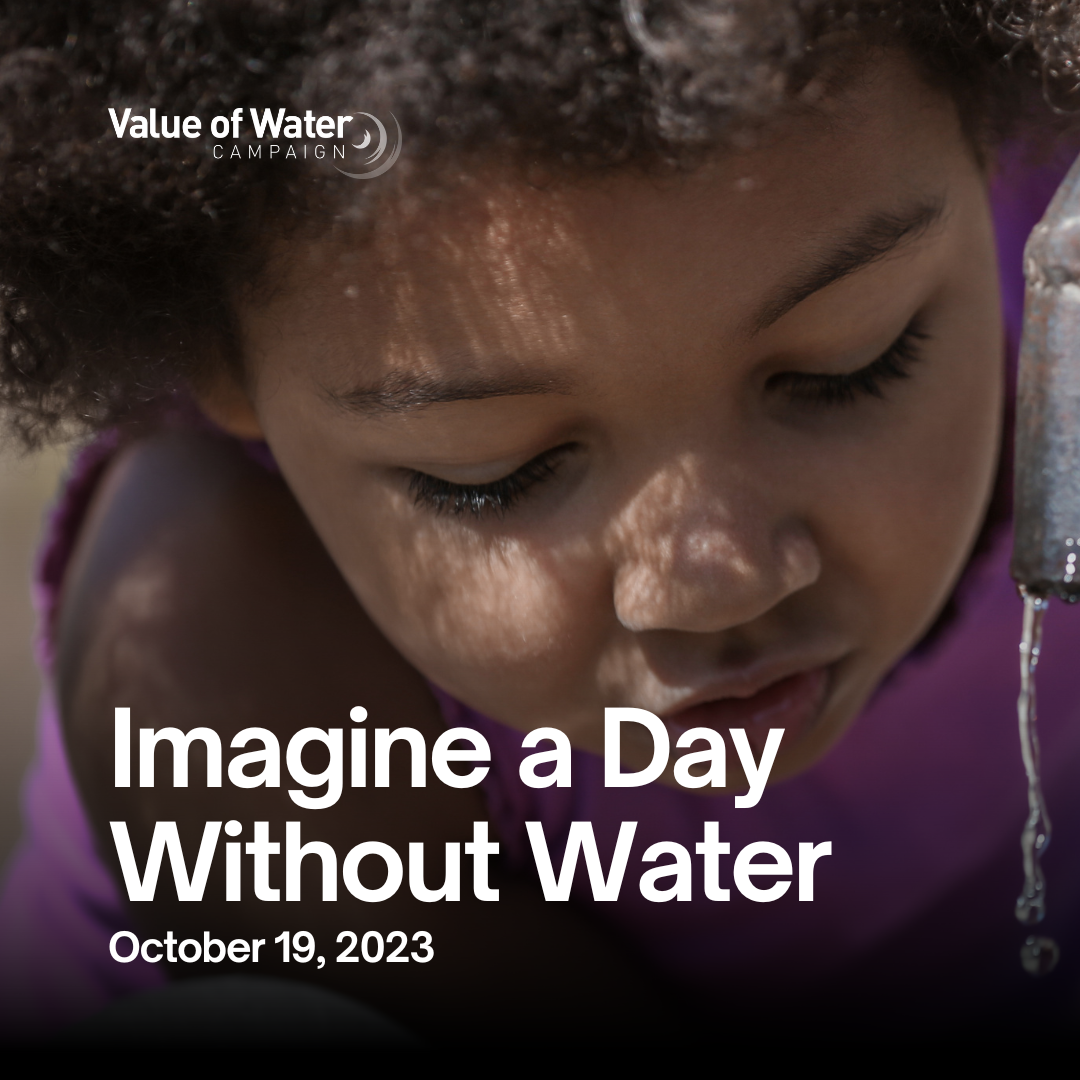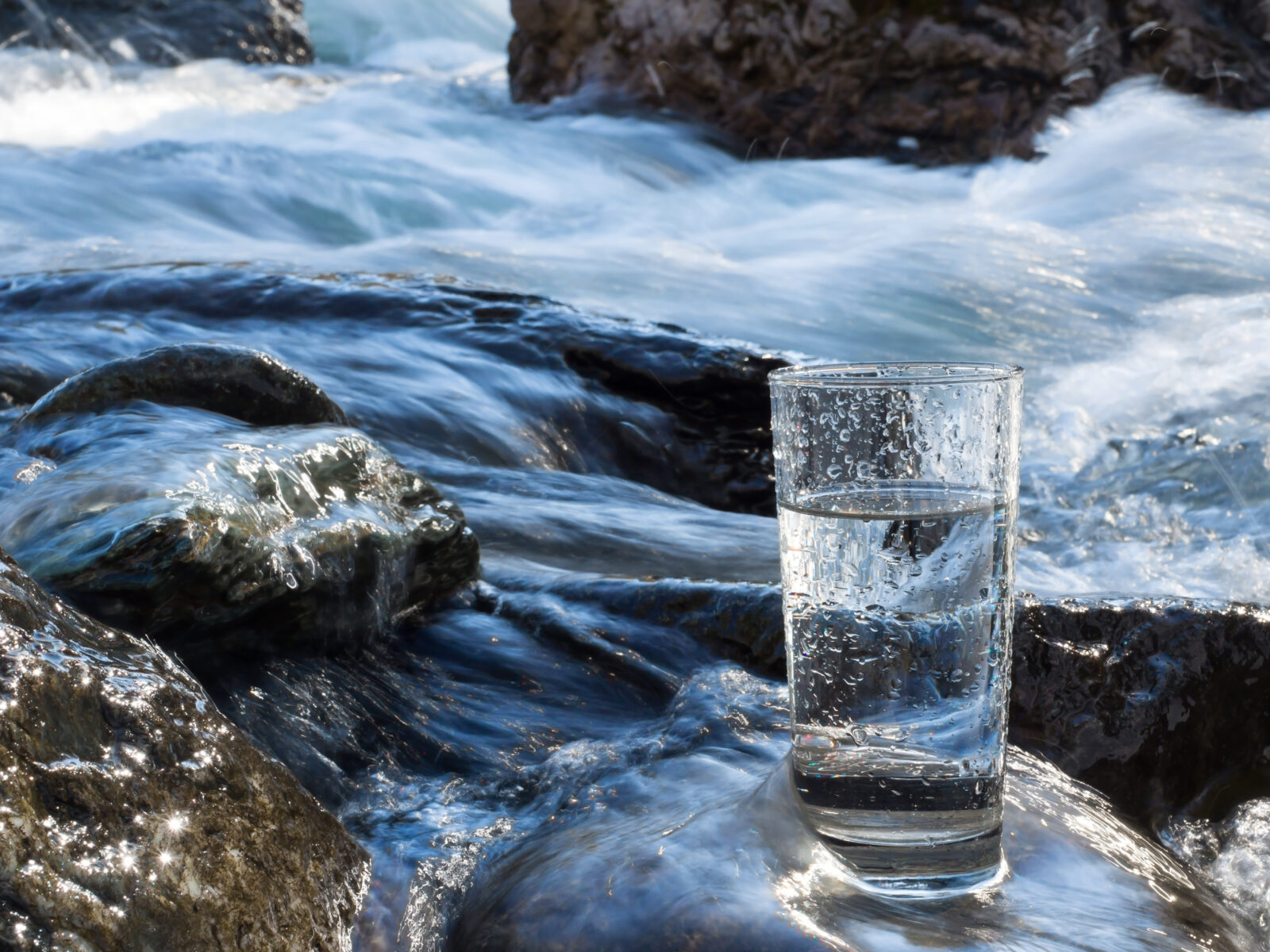Tag: source water protection

It’s Time to Imagine a Day Without Water!
October 19, 2023Imagine waking up and finding out there’s no water. No water for the toilet, shower, bath, sinks, icemaker, or even the outside hose. No water for coffee; or filling the pets’ bowl; no water for cooking or cleaning. Now imagine that it’s not just your home, but your entire community: no water for manufacturing; no…

Source Water Protection Week: Keeping it Clean
September 26, 2021LCA is proud to join with the American Water Works Association for the first-ever Source Water Protection Week! From today until Friday, Oct. 1, we’ll be posting helpful tips on our social media pages to help raise awareness about the importance of caring for our precious drinking water resources. But what, exactly, is source water…
Little oysters, big job
October 22, 2015Maybe you’ve heard the saying, “Pearls before swine,” but you probably haven’t heard “pearls after pollution.” According to an article in Pollution Online, New Jersey is looking at employing oysters in their battle against polluted waterways. It turns out these mighty mollusks can help clean up water because they filter water constantly. It’s part of…
The land of 10,000 lakes — and a lot of pollutants, too
June 25, 2015Apparently not even the far reaches of Minnesota — known as “the land of 10,000 lakes” — can escape source water pollution. A story from Pollution Online states that scientists have found a host of drugs in 11 lakes and four rivers, even in remote areas. Among the drugs found were those used in certain X-rays,…
Chesapeake Bay cleanup shows results, but more watershed work is needed
February 26, 2013LCA has written before about how things that happen upstream have a compounded effect when they end up downstream. Fertilizers, chemicals, pharmaceuticals, and even mud and silt from development all, eventually, end up in the ocean. In Pennsylvania’s case, this often happens via the Chesapeake Bay. According to a new report, there’s been some progress…